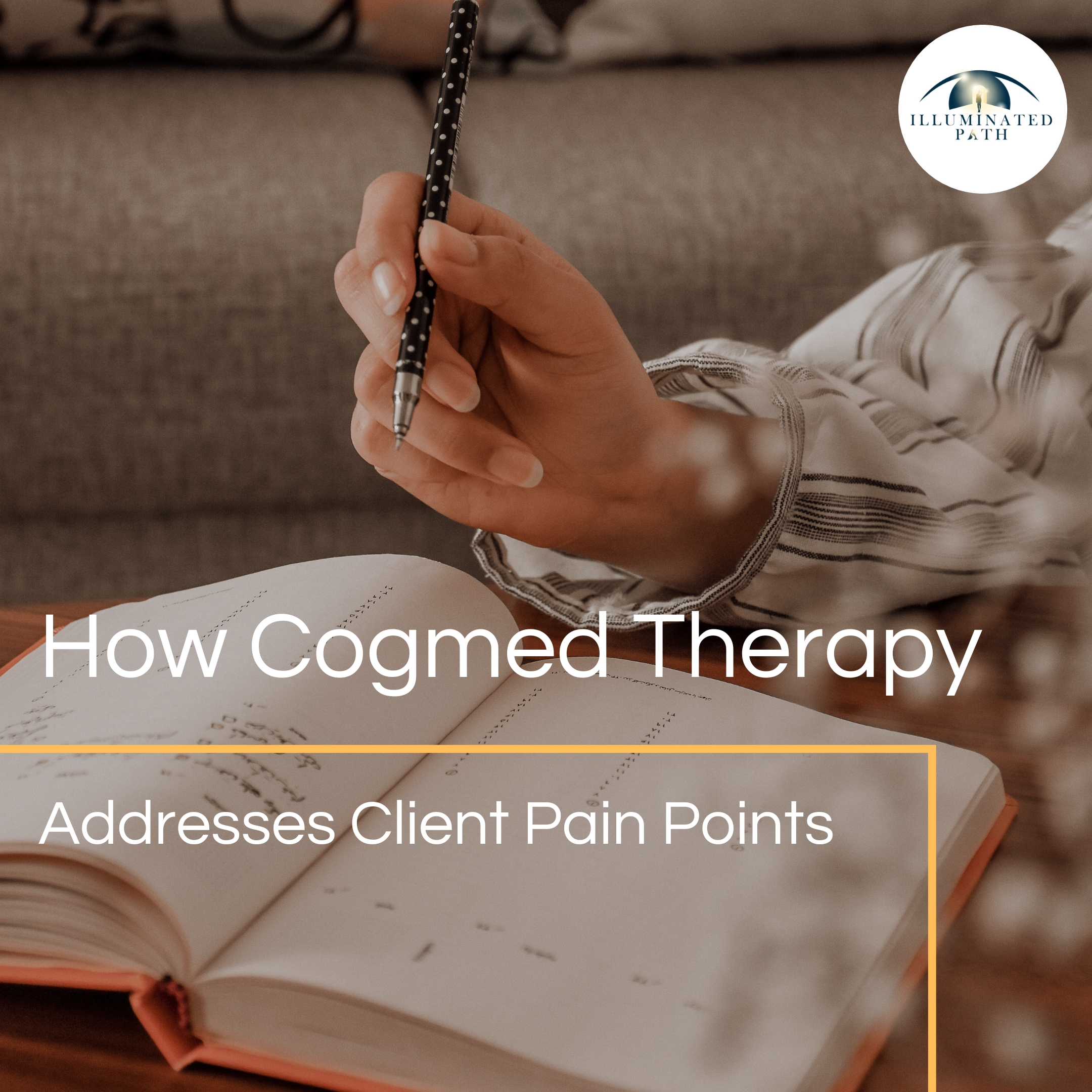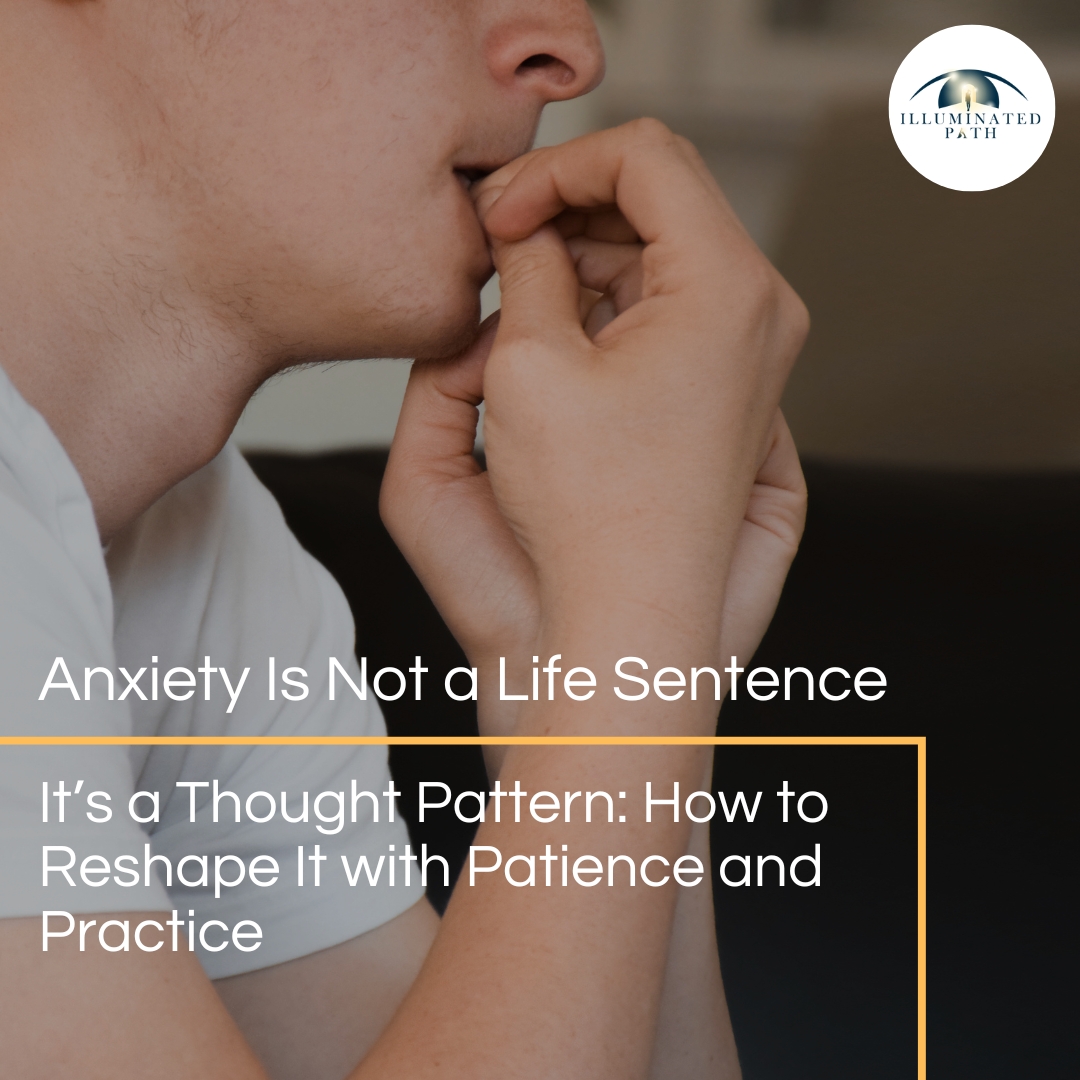
In our increasingly demanding and dynamic world, working memory is more critical than ever. It governs our ability to retain and manipulate information, stay focused, and perform everyday tasks efficiently. For many, though, challenges with working memory manifest as difficulty concentrating, staying organized, or learning new information. These pain points often cause frustration, diminished confidence, and underachievement in both personal and professional life.
Cogmed therapy emerges as a beacon of hope for individuals grappling with these challenges. Designed to improve working memory through targeted cognitive training, it has helped countless individuals unlock their potential. This article dives deep into the pain points faced by those with working memory difficulties and how Cogmed therapy offers a path forward.
The Importance of Working Memory: The Numbers Speak
Working memory is like a mental workspace—it allows us to hold and manipulate information over short periods. Whether you’re solving a math problem, following a conversation, or navigating a new city with GPS, working memory is at play.
Statistics Highlighting the Challenge:
-
ADHD and Working Memory Deficits:
- Research shows that 85% of individuals with ADHD experience significant working memory impairments. (Source: Martinussen et al., 2005, Journal of the American Academy of Child & Adolescent Psychiatry)
-
Impact on Academic Achievement:
- A longitudinal study found that working memory capacity in early childhood predicts 50% of variance in academic achievement in reading and math by adolescence. (Source: Gathercole et al., 2004, Developmental Psychology)
-
Age-Related Decline:
- Working memory capacity begins to decline around the age of 30, with significant reductions by age 60. This decline correlates with difficulties in multitasking and decision-making. (Source: Salthouse, 1994, Psychological Science)
These statistics underscore the widespread and impactful nature of working memory deficits, affecting individuals across all stages of life.
Pain Points of Clients Seeking Solutions
For individuals and families dealing with working memory deficits, the journey to finding effective solutions can be fraught with challenges:
- Overwhelming Choices: The cognitive health market is flooded with tools and apps claiming to boost memory and focus, leaving clients unsure where to turn.
- Skepticism and Fatigue: After trying multiple ineffective solutions, many are skeptical about new approaches.
- Time and Commitment: Busy schedules make it hard to commit to therapies that require significant time and effort.
- Lack of Support: The absence of personalized guidance or feedback often leads to frustration and abandonment of programs.
How Cogmed Therapy Solves Client Pain Points
Cogmed therapy is not just another brain-training app; it’s a scientifically validated program tailored to individual needs. Let’s explore how it tackles the pain points head-on:
1. Evidence-Based Approach
Many cognitive training programs make lofty claims without substantial proof. Cogmed therapy stands apart, rooted in research that demonstrates its efficacy in enhancing working memory.
Supporting Data:
- A meta-analysis of 17 studies found that Cogmed significantly improved working memory capacity, with lasting effects up to six months post-intervention. (Source: Spencer-Smith & Klingberg, 2015, Journal of Clinical Psychology)
2. Personalized Training for Lasting Impact
One-size-fits-all solutions rarely work for cognitive challenges. Cogmed therapy customizes its training exercises to match each individual’s starting ability, gradually increasing the complexity as they improve. This adaptive approach ensures participants are consistently challenged without feeling overwhelmed, leading to sustained progress.
3. Guided by Experts
A key differentiator of Cogmed therapy is the involvement of a trained coach. This professional provides ongoing support, monitors progress, and adjusts the program as needed.
Supporting Data:
- Studies show that personalized coaching improves adherence rates by 40% compared to unguided cognitive training programs. (Source: Holmes et al., 2009, Applied Cognitive Psychology)
4. Flexible and Convenient
Cogmed therapy is designed to fit seamlessly into busy lives. Sessions are conducted on a computer or tablet and typically last 25–50 minutes. Most programs require just 5–10 weeks of commitment, making it manageable for even the busiest individuals.
5. Immediate and Long-Term Benefits
Clients often report noticeable improvements in focus, attention, and organization within weeks. Over time, these gains translate into better academic performance, enhanced professional efficiency, and improved quality of life.
Supporting Data:
- A study reported that 80% of participants experienced improved attention and focus after completing the Cogmed program. (Source: Egeland et al., 2013, Journal of Child Psychology and Psychiatry)
Real-Life Transformations with Cogmed Therapy
Case Study 1: Sarah, a High School Student with ADHD
Sarah struggled to keep up in school. She often forgot homework assignments, zoned out during lectures, and felt overwhelmed by exams. Her parents worried about her declining grades and self-esteem.
After enrolling in Cogmed therapy, Sarah’s focus and organization improved significantly. She began completing assignments on time, participating in class, and even enjoying learning again. Her newfound confidence extended beyond academics, improving her relationships and overall happiness.
Case Study 2: Mark, a Professional Facing Cognitive Overload
Mark, a marketing executive, found it increasingly difficult to juggle multiple projects. Forgetting deadlines and missing details during meetings were becoming routine, threatening his career.
Through Cogmed therapy, Mark regained control. His enhanced working memory helped him manage tasks more effectively, stay focused during meetings, and meet deadlines with ease. With his confidence restored, Mark felt like himself again.
Case Study 3: Maria, a Senior Navigating Age-Related Decline
Maria noticed she was forgetting grocery lists, misplacing items, and struggling to follow conversations. Fearing cognitive decline, she sought solutions to stay sharp.
Cogmed therapy provided Maria with a structured way to train her mind. Over several weeks, she noticed improvements in her memory and focus. The program not only alleviated her fears but also empowered her to stay active and independent.
Frequently Asked Questions About Cogmed Therapy
Q: Who is Cogmed therapy for?
A: Cogmed is ideal for individuals with ADHD, learning disabilities, brain injuries, or age-related cognitive decline. It also benefits those who simply want to enhance their working memory.
Q: Does it really work?
A: While results vary, many studies support Cogmed’s effectiveness in improving working memory. Real-world benefits often extend to focus, learning, and daily functioning.
Q: Is it suitable for children?
A: Yes, Cogmed therapy offers versions tailored for children, adolescents, and adults, ensuring age-appropriate exercises and support.
Q: How much time does it require?
A: Most programs last 5–10 weeks, with sessions of 25–50 minutes, three to five times a week.
Q: What happens after the program ends?
A: Participants often retain their gains long-term, and follow-up exercises are available to reinforce progress.
Empowering Lives Through Better Cognitive Health
Working memory challenges don’t have to define your life. Whether you’re a student struggling in school, a professional seeking to perform better, or a senior aiming to stay mentally sharp, Cogmed therapy offers a proven pathway to improvement. By addressing the root cause of cognitive difficulties, it transforms frustration into achievement and uncertainty into confidence.
If you’re ready to tackle your working memory challenges and unlock your full potential, consider giving Cogmed therapy a try. With its scientific foundation, personalized support, and lasting results, it just might be the solution you’ve been searching for.
Sources Cited:
- Martinussen, R., et al. (2005). “Working memory impairments in children with ADHD.” Journal of the American Academy of Child & Adolescent Psychiatry.
- Gathercole, S. E., et al. (2004). “Working memory in the classroom.” Developmental Psychology.
- Spencer-Smith, M., & Klingberg, T. (2015). “Benefits of a working memory training program.” Journal of Clinical Psychology.
- Holmes, J., et al. (2009). “Improving adherence in cognitive training.” Applied Cognitive Psychology.
- Egeland, J., et al. (2013). “Cogmed working memory training in children and adults.” Journal of Child Psychology and Psychiatry.

The Author
Dr. Shadi Souferian Psy. D.
Licensed Clinical Psychologist
Therapist And Psychologist in Los Angeles And Beverly Hills.






